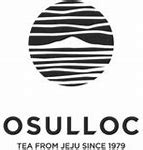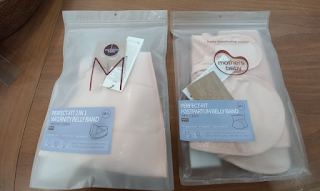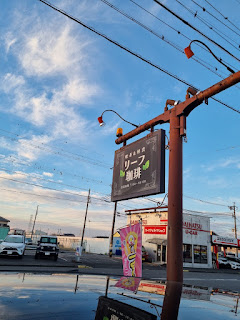Osulloc , Preserving Korea's Tea Heritage - An Enduring Icon of the Korean Tea Ceremony
Korean tea is an ancient and enduring part of Korean culture that dates back to the 5th century. Osulloc, as a representative of Korean tea culture, has its origins in the 5th century and has continued through the Goryeo and Joseon dynasties. "Solloc" is an old name for tea.
However, compared to its long history, Korean tea culture is not as well-known as Chinese and Japanese. But why did Korean tea culture not develop as much as in China and Japan?
The usual time for harvesting tea leaves starts just before spring when winter ends. However, this time coincides with the beginning of crop farming, causing a lesser demand for tea leaves. Moreover, the government imposed heavy taxes on tea leaf farming, making it challenging for farmers. Frustrated by the unfair tax policies, some farmers even burned down their tea plantations, slowing down the progress of tea farming.
While coffee shops abound in every corner of Korea, there is one brand that steadfastly preserves the long-standing tea culture of Korea - Osulloc. The name itself evokes the lush green tropical trees of Jeju Island.
Osulloc is based in Jeju Island and operates 26 stores nationwide. Its teas are adorned with leaves that exude the serene beauty of Jeju. Stepping into an Osulloc store, the aura of green leaves and the deep aroma of tea instil a sense of tranquillity and comfort.
Various tea products are on display, such as green tea ice cream, milk spread, cake, fermented tea, and more. Osulloc is known domestically and recognized worldwide, making it an excellent choice for gifting.
Moreover, when you travel to Jeju Island, Osulloc offers unforgettable experiences. They have an Osulloc museum, where visitors can learn about Korean tea culture and gain valuable insights, making it an enriching experience.
In conclusion, Osulloc stands as a proud guardian of Korea's traditional tea culture, providing a memorable journey of taste and memories, symbolizing Jeju Island's refreshing and serene beauty.








Comments
Post a Comment